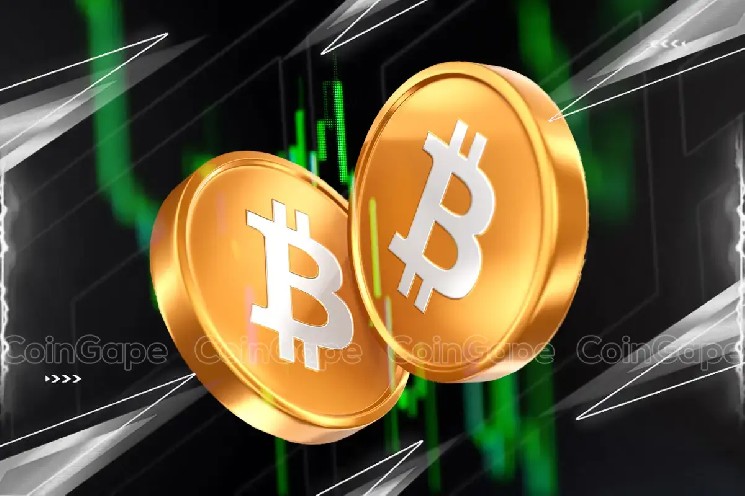Author: Frank, PANews
In the deep night of the cryptocurrency market, a precise strike against the decentralized derivatives exchange Hyperliquid quietly unfolded. On March 26, a trader placed a massive short order of 430 million JELLYJELLY tokens, pushing Hyperliquid into a liquidity crisis and liquidation risk. As JELLYJELLY's price surged 560% and top exchanges rapidly listed contracts, Hyperliquid was forced to make a life-or-death choice between decentralized principles and user asset security. This 2.5-hour defensive battle not only exposed the governance paradox of decentralized exchanges but also became a textbook case of capital hunting in the crypto world.
Short Selling Raid: A Precisely Planned Targeted Explosion
After the previous 50x leverage whale incident, Hyperliquid was again targeted by a purposeful team. On the evening of March 26, a trader opened a short order of 430 million JELLYJELLY tokens (worth $4.08 million) on Hyperliquid, and after a slight price increase, the user actively closed part of the order and withdrew the margin. Due to insufficient counterparty, the remaining 398 million JELLYJELLY short order could only be taken over by Hyperliquid again.
Subsequently, as JELLYJELLY's price continued to rise, Hyperliquid's short order continued to incur losses, with the maximum floating loss reaching $11.45 million. On-chain analyst @ai_9684xtpa stated on social media that if JELLYJELLY's token price rises to $0.17, the treasury will be liquidated and lose the current $240 million held (Note: This was @ai_9684xtpa's calculation error, with the actual liquidation price at $0.1479, and Hyperliquid uses a cross margin mechanism, so a single order will not cause total account loss).
It seemed a deliberate short squeeze operation targeting Hyperliquid's treasury was about to unfold. If Hyperliquid chose to intervene manually, it would face community doubts about its decentralized exchange identity. If it let the order go unchecked, many users who chose to store funds in Hyperliquid's treasury would suffer massive losses. The sophistication of this strategic design was akin to a classic strategic maneuver.
[The rest of the translation follows the same professional and accurate approach, maintaining the original tone and technical details while translating to English.]Zero-Sum Game Behind the Scenes: No Winners Among Instigators
It seemed that Hyperliquid maintained its decentralized governance facade through voting. However, according to @spreekaway's revelation, all voting validators for Hyperliquid were from the Hyper Foundation. This was criticized by the community, indicating that the vote was not a resolution reached by the entire community, but rather an official Hyperliquid decision. Although the situation was urgent, from this perspective, Hyperliquid's decentralized governance remains merely a fig leaf.

Moreover, Hyperliquid's user trust was substantially damaged. During the short position holding process, PANews discovered that many on-chain funds chose to withdraw from the treasury to avoid potential liquidation losses. Although Hyperliquid's treasury yield was ultimately pulled back to normal levels, the deposit amount decreased by $90 million, a 30% reduction. From this perspective, while Hyperliquid seemingly avoided treasury losses, it also suffered significant damage.

The treasury growth of the past 3 months was wiped out overnight.

Additionally, the traders who initiated the incident seemingly did not profit. Since Hyperliquid chose to exclude violators from the compensation list, the trading team's long and spot orders on Hyperliquid would suffer losses from price fluctuations and did not achieve the expected returns. Their positions on other platforms might also have incurred losses due to market volatility.
For the exchanges that quickly listed the token, JELLYJELLY's popularity was fleeting. After this incident, it might not attract many users and instead provoked user dissatisfaction on social media due to what appeared to be opportunistic actions. Especially within the Hyperliquid community, many users were seen condemning Binance's operations.
Regarding the event's initiator, which was a key point of social media discussion, according to @off_thetarget's revelation, the JELLYJELLY team seemingly attempted to profit from this vulnerability.
Many users also believed this was a deliberate attack by other centralized exchanges targeting Hyperliquid. According to Lookonchain monitoring, funds used to attack Hyperliquid and open positions were withdrawn from Binance and OKX exchanges.
Moreover, many key opinion leaders participated in the discussion, fueling the drama.
Retail Investors Pay the Price
In reality, retail investors who followed the trend or went long became the biggest victims. According to coinglass data, within 4 hours, JELLYJELLY's liquidation amount reached $12.268 million (JELLYJELLY's market value was only $23 million), ranking third globally, just after Bitcoin and Ethereum.

As the price rose from $0.0082 to $0.0627 within 2 hours and then dropped from the high to $0.021, the maximum increase was 665%, and the maximum decline was 67%. How many retail investors would lose sleep over this operation.
When JELLY's price finally settled at $0.021, this thrilling sniping battle seemingly ended with Hyperliquid's "defensive victory". However, the battlefield left a deeper industry questioning: Does decentralized exchange governance truly belong to the community or the foundation? Can liquidity dilemmas avoid becoming hunting grounds for capital? Are retail investors destined to become sacrificial lambs in KOL manipulation, exchange gambling, and price manipulation? The event might temporarily subside, but rebuilding trust in the crypto world will be far longer than one dramatic liquidation operation. As the community says: This is not the first time, nor will it be the last—under the cloak of decentralization, the power game never leaves the stage.







